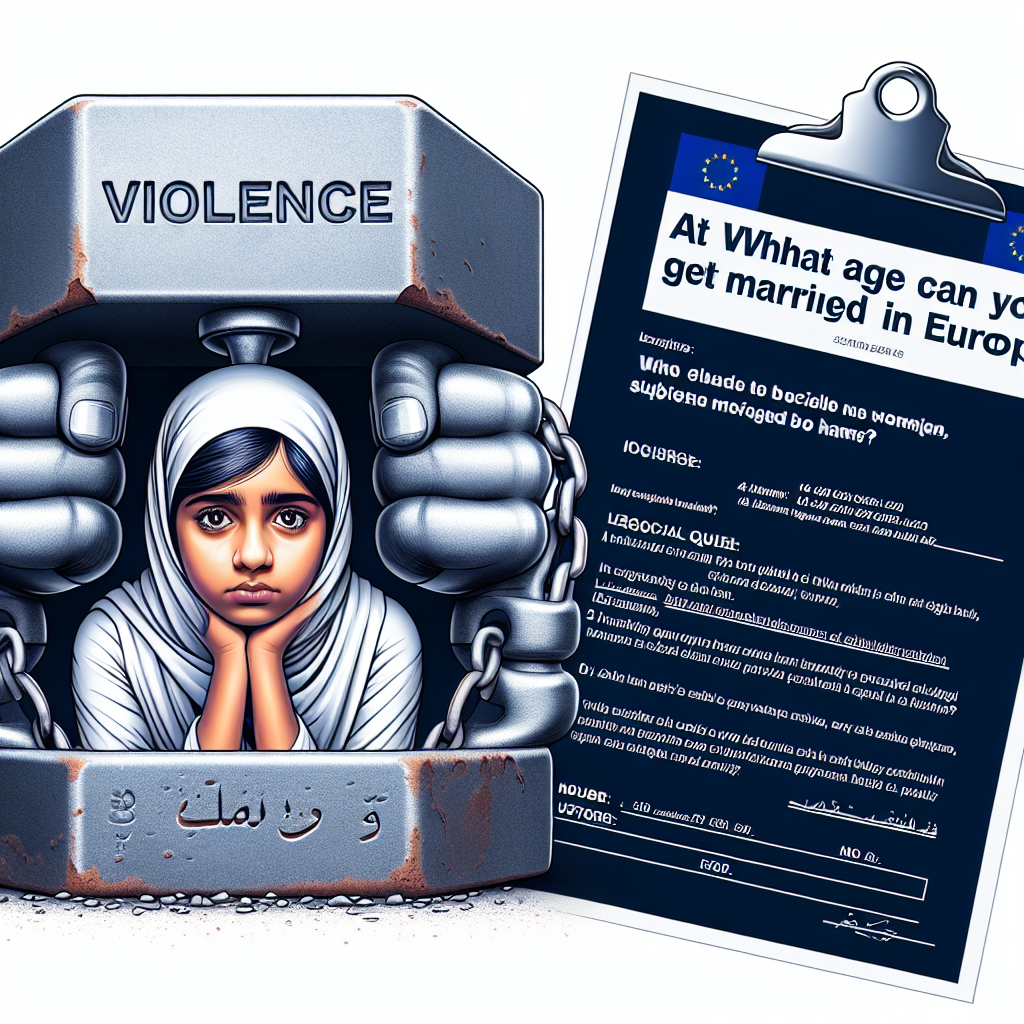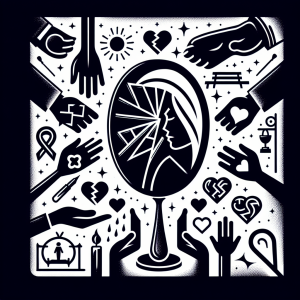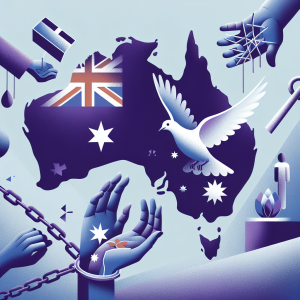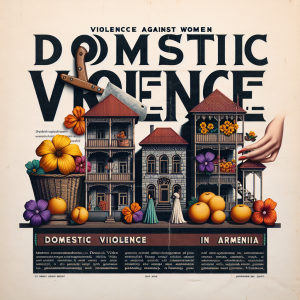#MeToo
Navigating the complex web of marriage laws within Europe, aspiring partners are met with a rich mosaic of legal stipulations. Each nation on this continent narrates its unique saga of romance, dedication, and the legal ties that ensue upon uttering “I do.” From the majestic auroras of Scandinavia down to the golden beaches of the Mediterranean, there’s a wide variance concerning legal stipulations, age constraints, and acknowledgment of diverse matrimonial bonds. This guide aims to shed light on these differences, steering couples through the convoluted labyrinth of European matrimonial legislation.
Legal Marriage Age
At the heart of venturing into matrimony is the age aspect. Across Europe, there is a general agreement that 18 years is the standard legal age for getting married. Nevertheless, there are allowances for younger individuals in certain instances, including parental consent or court approval in nations like the UK and Spain. Grasping these distinctions ensures that romance does not inadvertently breach legal boundaries.
Residency Prerequisites
For those enchanted by the idea of a European destination wedding, understanding residency prerequisites is essential. Numerous countries in Europe insist that one or both individuals must have lived in the country for a specified duration ahead of the wedding. Take France, for example, which stipulates that at least one partner must have resided in the wedding commune for no less than 30 days. These prerequisites are vital hurdles for international couples aiming for their dream nuptials in Europe.
Civil Partnerships vs. Marriage
The dynamic perception of partnerships has led to a rise in civil unions being recognized alongside traditional marriages. In nations like Germany and the Netherlands, there is a provision for either marriage or civil partnerships, each coming with its set of legality and entitlements. The variety in legal recognition mirrors the shifting societal attitudes towards relationships.
Acknowledgment of Same-Sex Unions
Europe is at the forefront of advocating for the rights of same-sex couples, with an increasing number of its nations legalizing same-sex marriages. Emblematic milestones such as Ireland’s referendum and Germany’s legal amendments highlight the continent’s progressive trajectory towards inclusivity. Nonetheless, the landscape is diverse, and couples need to navigate these variances carefully.
Legal and Documentary Requisites
Marriage, beyond its romantic essence, is a legal agreement that necessitates a range of documentation. From birth certificates to evidences of prior marriage dissolutions, and sometimes even health clearances, there’s an array of paperwork to be prepared. Italy, known for its robust bureaucracy, underscores the necessity for detailed preparation.
Echoing Khalil Gibran’s sentiment, “Marriage is the golden ring in a chain whose beginning is a glance and whose ending is Eternity,” it is critical that this golden ring is crafted under legal auspices. As rightly put by the fictional advocate #Nada_Alahdal, “In the quest for love, let the law be your compass, guiding your steps towards a union that is both socially and legally robust.” @nadalahdal
This statement captures the crux of intertwining love with lawfulness. It accentuates the significance of comprehending and abiding by the diverse legal frameworks encapsulating marriage across various European nations.
Validity of Marriages Abroad
For couples venturing overseas for their vow exchange, ensuring their marriage’s recognition back home is crucial. Most European realms acknowledge marriages performed abroad, as long as they adhere to the legal stipulations of the country of origin. However, traversing these complexities often requires thoroughness and legal insight.
Conclusion
Across Europe’s heterogeneous legal landscape, marriage stands as an institution shaped by love and legalities. From the legal marrying age to the acknowledgment of civil and same-sex partnerships, the continent lays out a multifaceted framework for those eager to say “I do.” While the path to matrimony may appear formidable, it is thoroughly paved by precedents and legislations set by predecessors.
Reflecting upon the intricate legalities surrounding European marriages, it’s imperative to remember that the cornerstone of any partnership is love and mutual comprehension. Laws, albeit vital, simply serve to scaffold the sanctity and legal integrity of the communion. As couples venture through these procedural waters, staying rooted in love, yet vigilant of legal necessities, is key.
Ultimately, marriage transcends the bounds of legislation, embodying a journey of affection, commitment, and companionship that surpasses all disparities and formalities. For those embarking on this voyage, a thorough understanding of the legal terrain is crucial, but so is holding onto the timeless truth that at the core of every marital union, lies love.
#NadaFoundation
#domestic_violence
#Nada_Foundation
#NadaAlahdal
#Understanding #Marriage #Laws #Europe
understanding-marriage-laws-in-europe-when-can-you-say-i-do





















